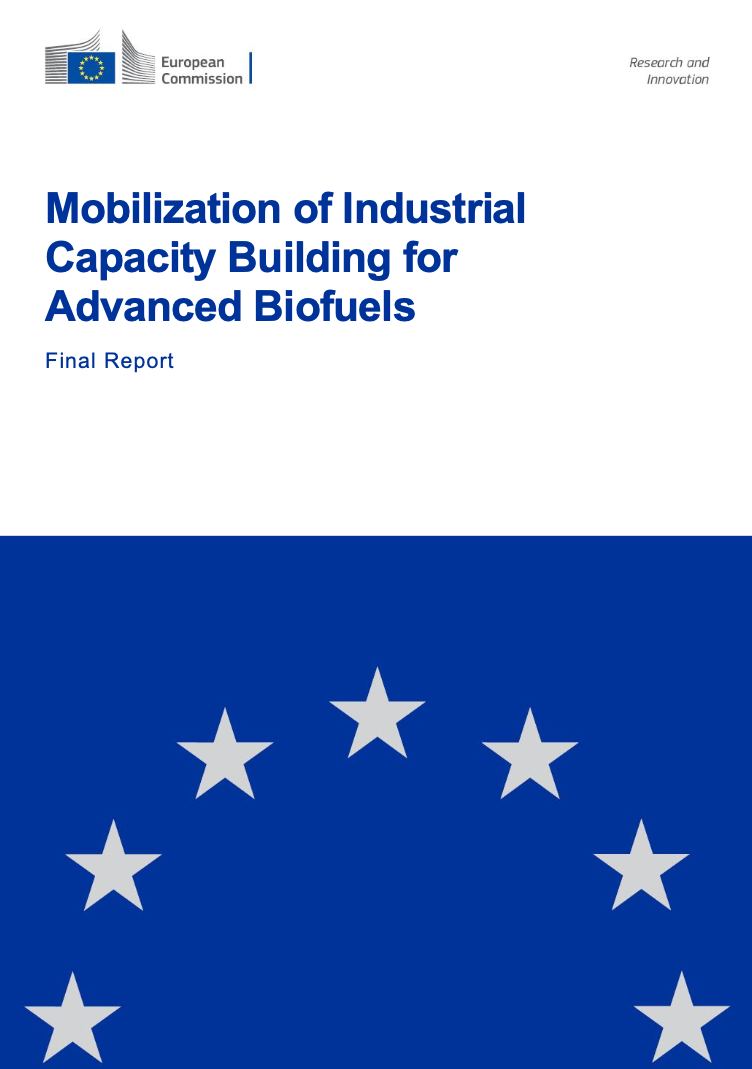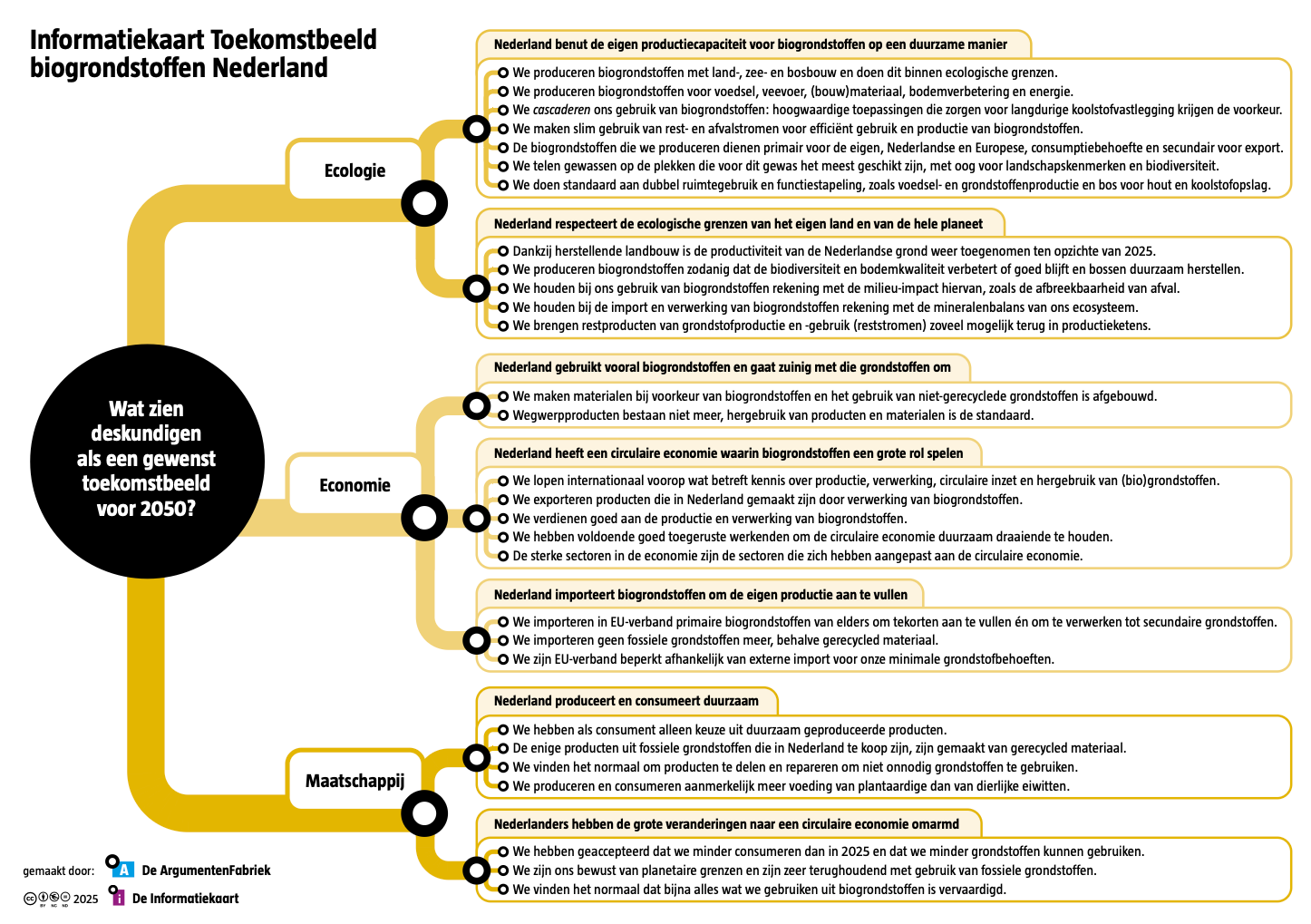Wrap up of Public Seminar 'Ramping up Renewable Fuels'

The recent COP26 in Glasgow has underlined once more the need for action to remain within the carbon budget for a 1.5C-scenario. Net-zero 2050 targets should therefore be reached by an immediate and sharp decline of fossil emissions additions to the atmosphere.
To translate this urgency to mobility, the sector needs to accelerate to reduce fossil oil dependency. The Dutch Environmental Assessment Agency (PBL) has just published how in the Netherlands 92% of energy for mobility is still fossil based in 2020. If you must tackle such a large volume of fossil oil in the system, it is wise and strategic to bring in more options to the table.
Accelerating the transition
We have electrification, renewable and recycled carbon fuels to avoid adding new fossil to the system, apart from obviously reducing energy need and kilometers driven. Electrification has obvious advantages for being able to use green electricity and reduce energy demand by greater efficiency, but it is not to say that we should get rid of liquid and gaseous fuels altogether. These can play an important role, but then based on non- fossil feedstocks (or recycled carbon). The deployment of renewable fuels plays an essential role as these fuels can immediately be used in the existing engines and fuel infrastructures. The use of renewable fuels will substantially accelerate the energy transition in the road, shipping and aviation sectors.
In this seminar we have explored how to accelerate production and use of these options. The European refining sector has laid down a plan to ramp up renewable fuels. The Dutch biorefinery start-up Vertoro has discussed their renewable fuel proposition for seagoing shipping and Port of Amsterdam has presented the development of a new renewable fuels industrial cluster in the Port.
Eric van den Heuvel director of the Platform has shown how the upcoming new European proposals, the Fit-for-55-package, will call for increasing renewable fuel volumes in the market.

The seminar has discussed how regulation will stimulate more renewable fuels. The next steps are to address the non-technological barriers to further accelerate the use and deployment of renewable fuels in the market.
Recordings and presentations of the Seminar
The seminar has been recorded and can be watched here.
The chairman was prof. John Grin (University of Amsterdam), independent chairman of the Platform. You can find the individual contributions of the speakers during the seminar on Youtube and presentations of the speakers below.
- Eric van den Heuvel (Platform Renewable Fuels) about the urgent context for accelerated innovation and investments in renewable fuels
Click here for the recording of his presentation during the seminar, and find his presentation here.
- Alessandro Bartelloni (FuelsEurope) about the intervene on the “Clean Fuels for All” and on how scaling-up renewable fuels while transforming the EU refining system.
Click here for the recording of his presentation during the seminar, and find his presentation here.

 Download hereVisit Website
Download hereVisit WebsiteRecente artikelen
EC DG Research: Mobilization of Industrial Capacity Building for Advanced Biofuels | 2026

Informatiekaart: Toekomstbeeld biogrondstoffen Nederland | 2025

SEANERGETIC: Zero-Emission Shipping Report - Accelerating Maritime Decarbonization

